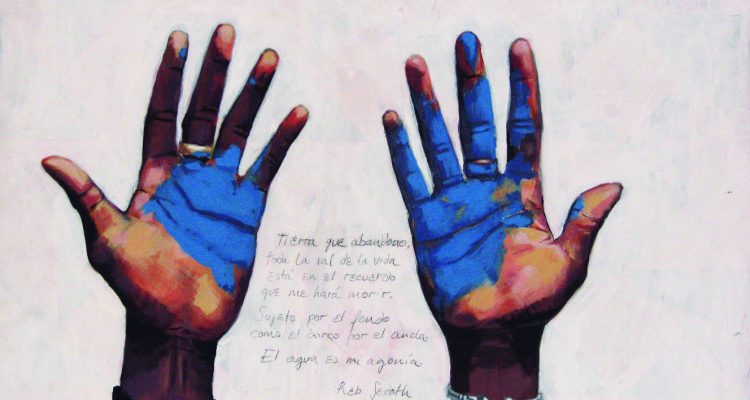In addition to remittances to Africa, the African diaspora has many positive aspects. Armed with skills and resources, more and more members of the diaspora are planning to return to live permanently in Africa. The question then arises whether it is better to opt for a “status” of a member of the diaspora or maintain its current status? We propose to discover some elements of answers.
Member of the diaspora: what are the favorable factors?
To encourage the return of their diaspora, some countries such as Ethiopia, Ghana, Kenya, Nigeria or Rwanda, encourage him to make investments in their country of origin. National governments along with the private sector have also decided to hold forums on different sectors to attract these investors.
In Uganda, Ghana or Nigeria, for example, investment promotion agencies offer information and opportunities to contact investors. In addition, African diaspora initiatives for entrepreneurship in Africa have been created.
AFFORD, a UK-based organization, provides technical, financial and administrative support to members of the African diaspora who wish to start their business in their home country. Some states such as Morocco and its MRE program or Ghana, associated with the Netherlands under MBC Africa, which promotes the return of Ghanaians, living in the Netherlands, Ghana to start a business.
In spite of this, many African countries remain reluctant to put in place measures in favor of their diaspora. In addition, business start-up regulations are complex for individuals who do not have the nationality of the country in which they wish to invest. It is therefore a point that can work against the “status” member of the diaspora.
Keep your current status: what are the blocking factors?
Dual nationality helps to strengthen relations between the African diaspora and their country of origin. In fact, it makes it possible to facilitate travel, to avoid the different types of obligations imposed on foreign nationals (possession of land for example), to benefit from a right of access to public services and to social benefits. .
Despite these many benefits, only 21 of the 54 African countries allow their citizens to have dual nationality. Faced with the complexity of the process of creating a business imposed on foreign nationals, do members of the diaspora have to adopt those of their country of origin or host country? Faced with this problem, some are reluctant to embark on the adventure of entrepreneurship in Africa.
Returning to Africa as a member of the diaspora or retaining one’s “current status” is a personal choice. Nevertheless, programs favoring entrepreneurship by the diaspora in their country of origin is a determining factor.


Leave a Reply